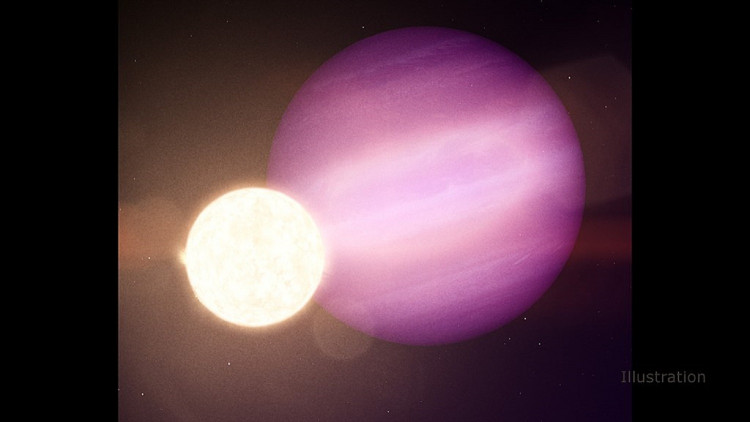An international team of scientists has observed radio bursts originating from the Boötes constellation - which may be the first radio signal collected from a planet outside our solar system.
The team, led by Cornell postdoctoral researcher Jake D. Turner, Philippe Zarka of the Observatoire de Paris - Paris Sciences et Lettres University, and Jean-Mathias Griessmeier of the Université d'Orléans will report their findings in the upcoming Astronomy & Astrophysics research section.
"We present one of the first hints of detecting an exoplanet in the radio realm," Turner said in a statement. "We make the case for emission by the planet itself. From the strength and polarization of the radio signal and the planet's magnetic field, it is compatible with theoretical predictions."
However, Turner and his associates are not yet sure that the signal they have currently observed is coming from the planet, named Tau Boötes b; the researchers called for further observations of the system, which is about 51 light-years away from Earth in the Boötes constellation.
The new study actually started at Jupiter; the researchers had previously analyzed the radio emissions of the planet and then modified these calculations to reflect the impact that their predicted proximity to the host star and the distance from Earth would have had on their observations of the exoplanet.
The scientists then consulted observations made by the Low-Frequency Array (LOFAR) in the Netherlands in 2016 and 2017. In addition to the possible signal from Tau Boötes b, the researchers also say that they may have picked up a signal from the star Upsilon Andromedae or its planet, but that detection was much smaller than that from Tau Boötes b.
Researchers are interested in detecting radio emissions from planets because this knowledge can allow scientists to discover what is happening in magnetic fields of the same worlds. These magnetic fields, in essence, affect the conditions on the surface of the planet-for example, the Earth's magnetic field maintains the atmosphere that makes the universe one we can maintain. These magnetic fields may also inform scientists about other attributes of the universe, such as its composition and history.
But so far, observing these magnetic fields explicitly has been difficult for scientists to handle because virtually every planet in our solar system has had one in its history at some point.
But that's just the beginning of the story, not the end of it, because radio emissions could also come from the stars or another source outside of the planet. There is some doubt as to whether the observed radio signal is from the planet. The need for follow-up findings is crucial.






